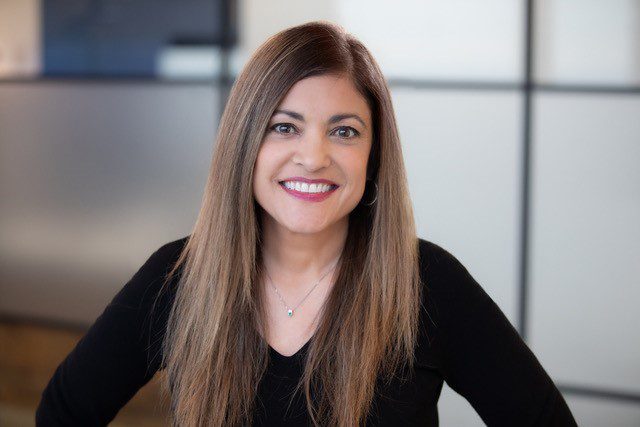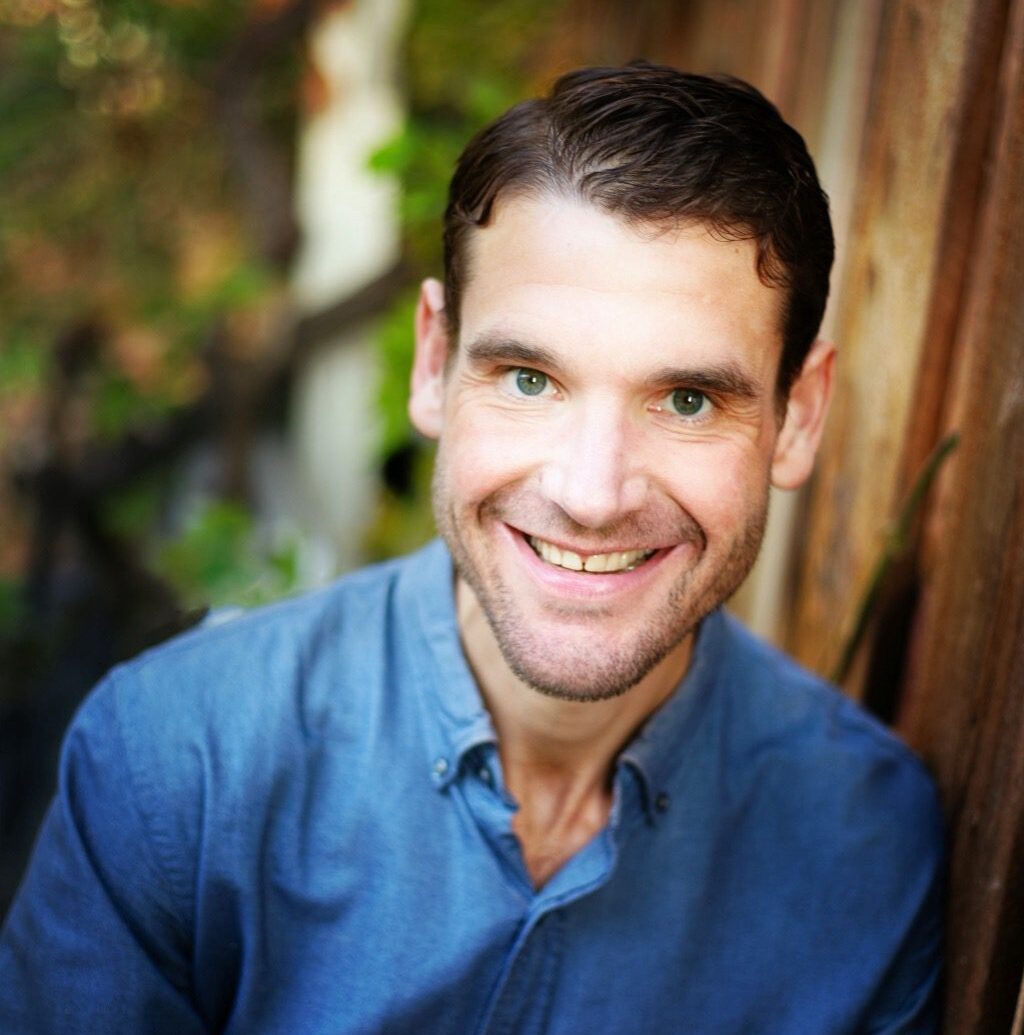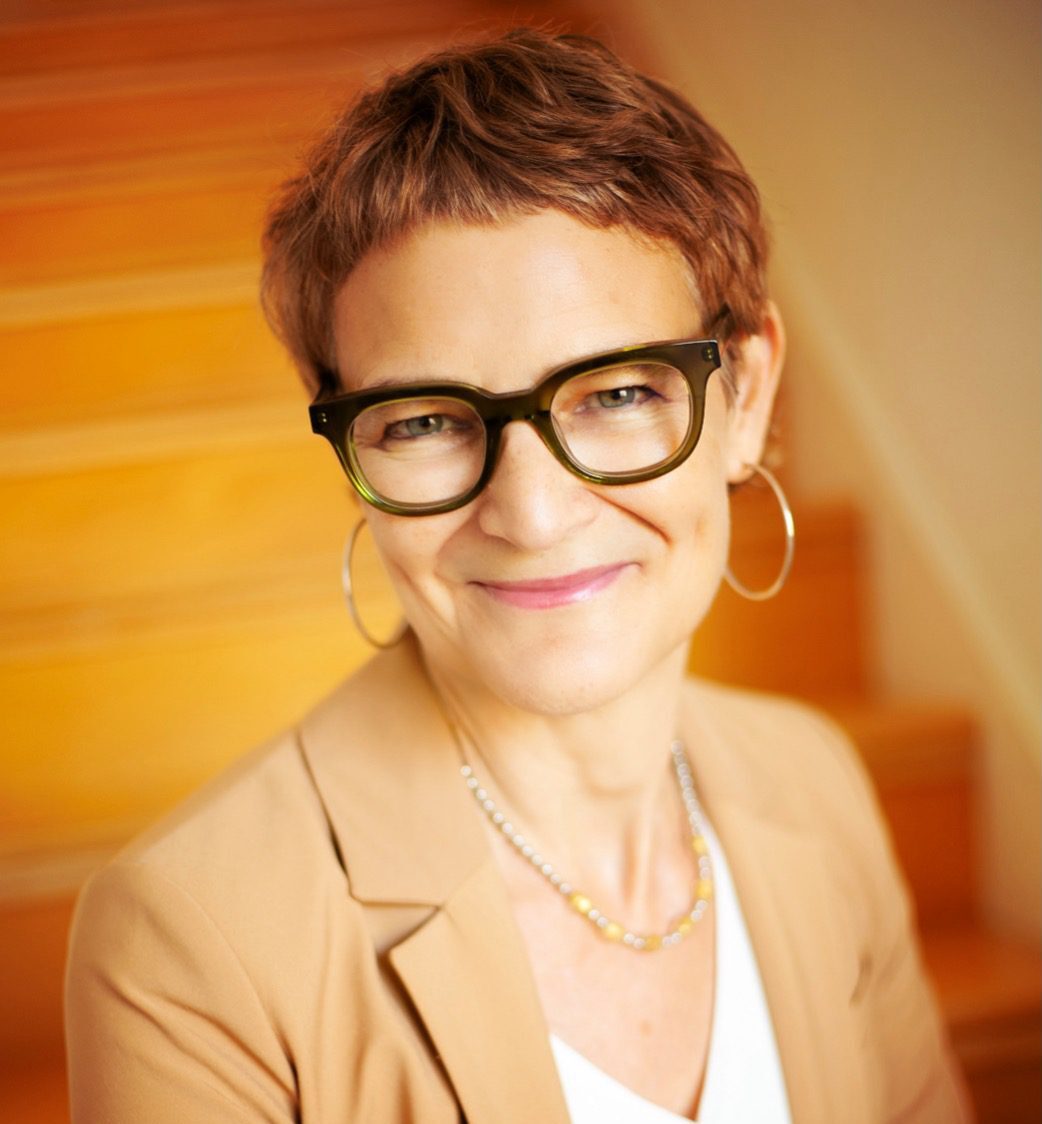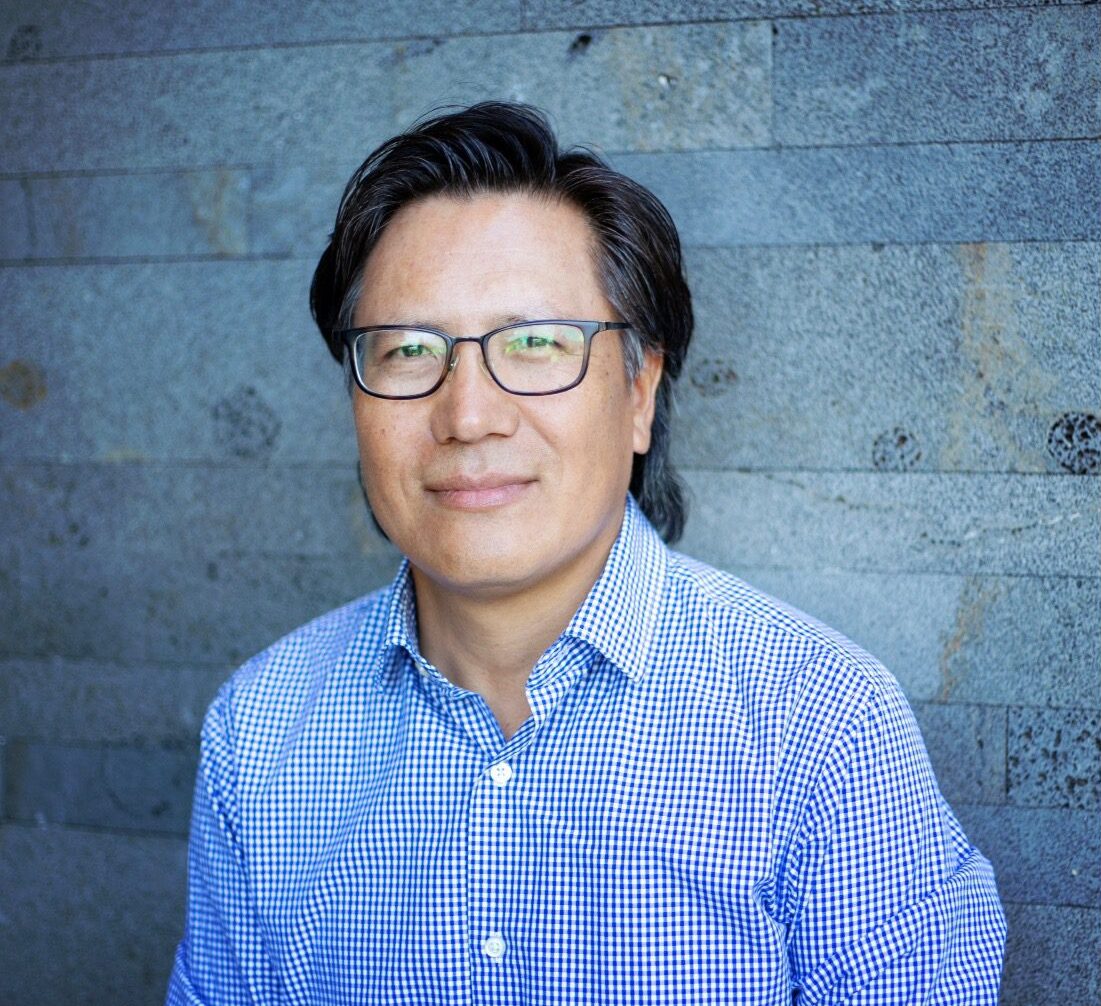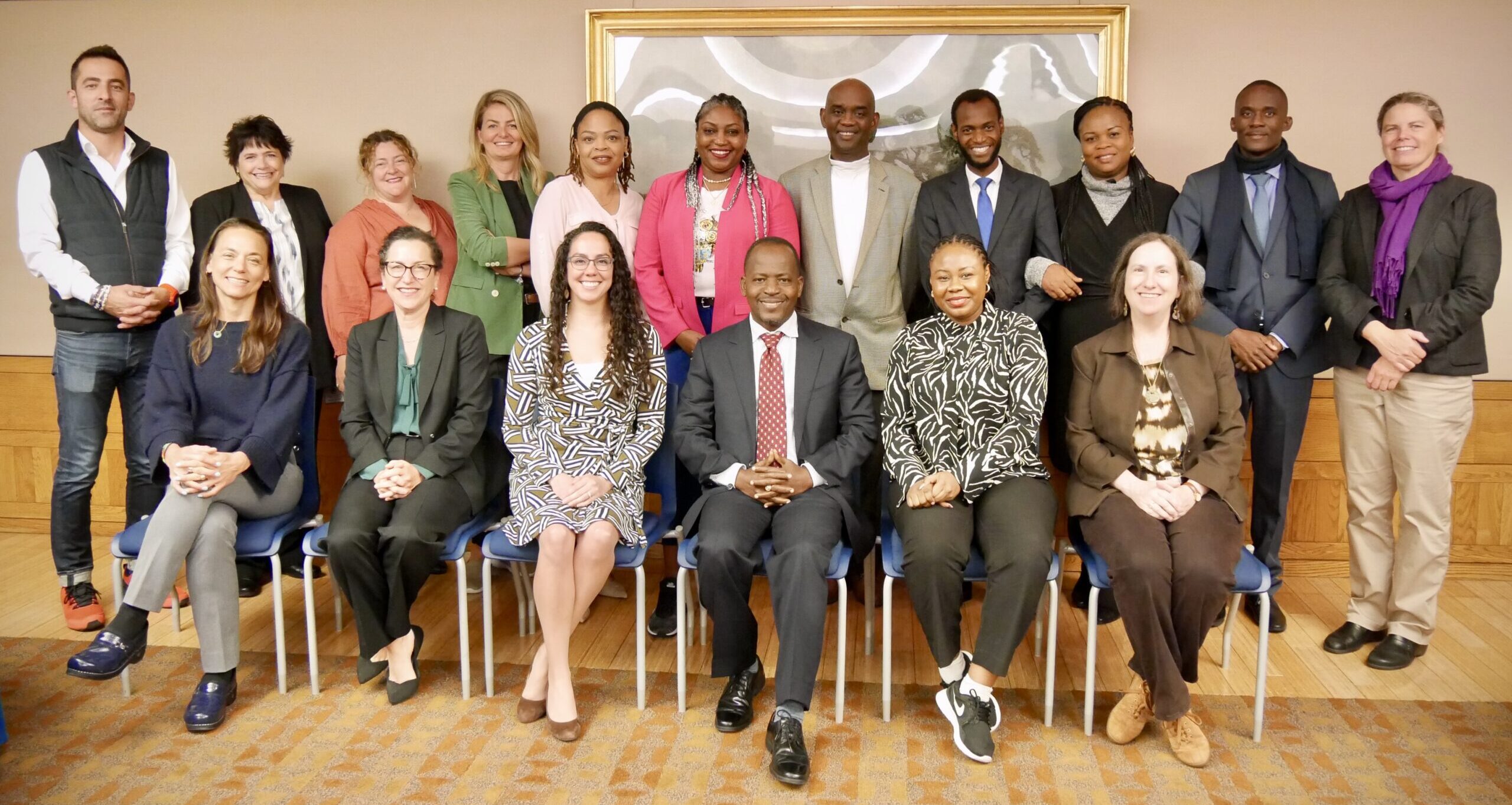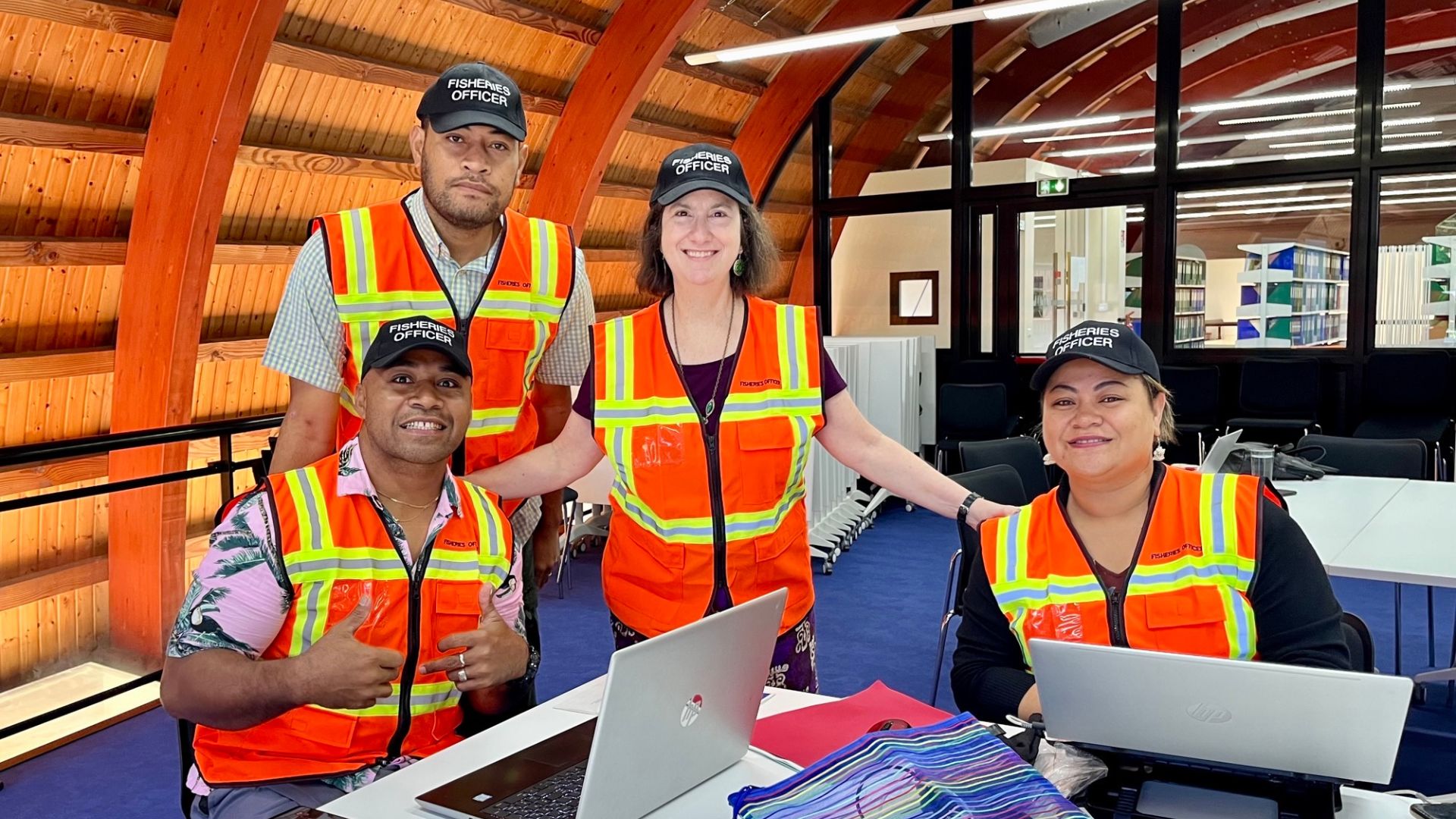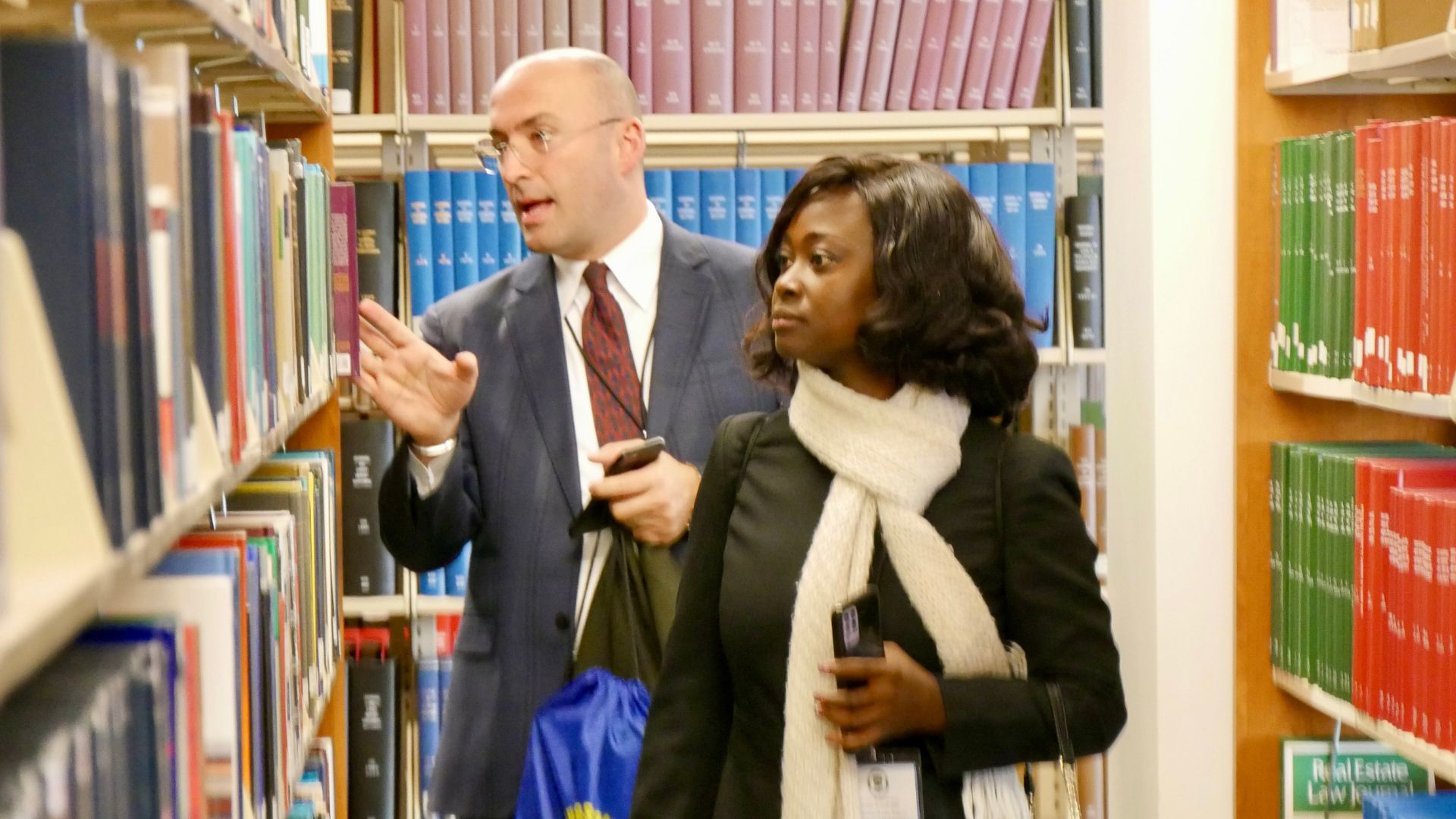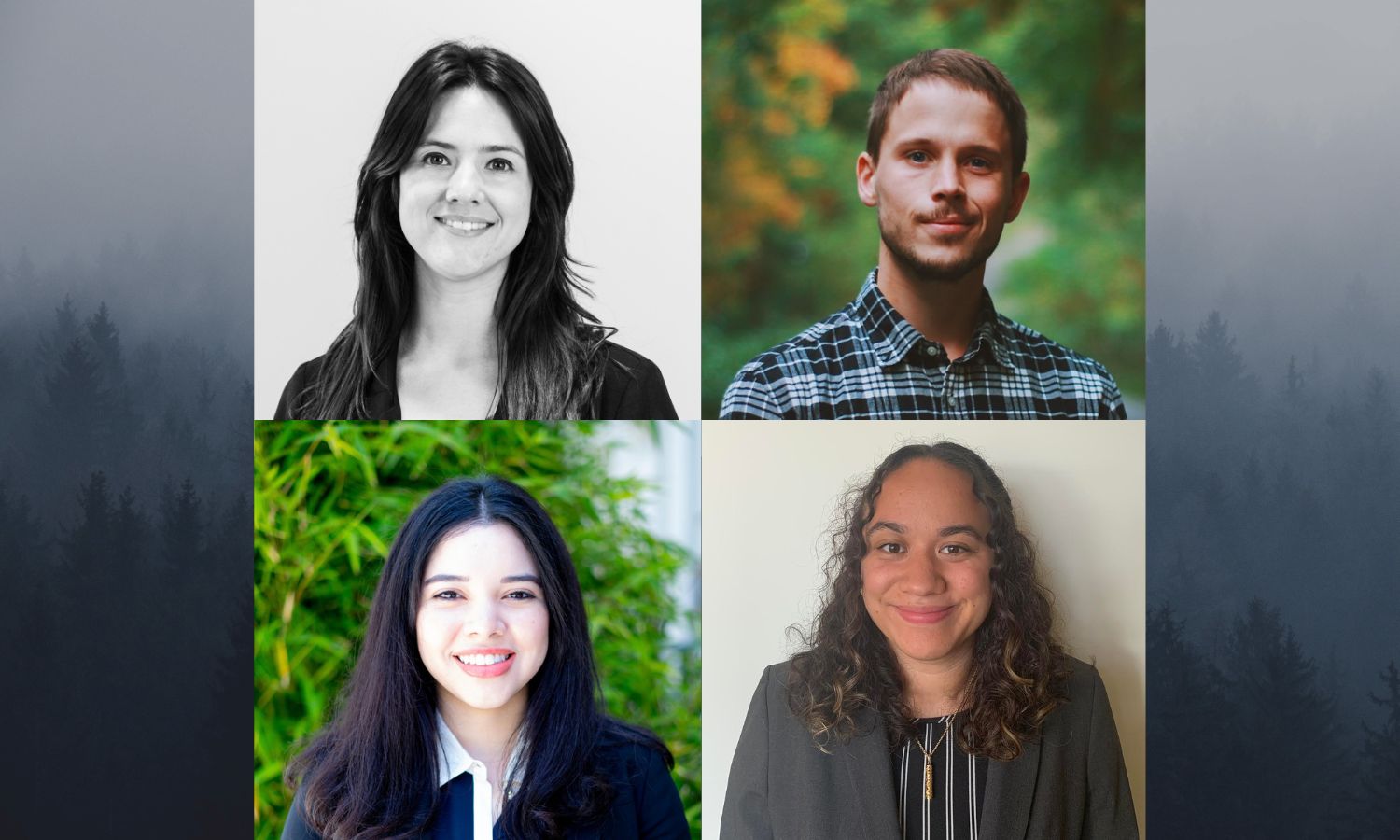About Us
With the formal establishment of the International Development Law Center in July 2022, UC Law SF now has a permanent home for international grant activities. The mission of the Center is to share international development expertise while providing research and learning opportunities for UC Law SF students, professors, and graduates.
The Center seeks and implements international projects in a variety of subject areas, including food and agriculture, sustainable development, and legal education. Established with the explicit objective of collaborating across disciplines and cultures, the Center pursues links with other academic and research organizations, increasing the law school’s global footprint while generating international contacts and opportunities for the UC Law SF community.
Past and ongoing projects have benefited from funding by the United Nations Food and Agriculture Organization (FAO), World Organization for Animal Health (WOAH), Pacific Community (SPC), United States Agency for International Development (USAID), and Bureau of International Narcotics and Law Enforcement Affairs (INL) of the US State Department.
Recognizing that law is a key tool to tackle the world’s problems, the International Development Law Center seeks to inspire and provide concrete opportunities for the next generation of international development practitioners.
Are you a UC Law SF student interested in international law careers? Check out this helpful guide prepared by Foreign, Comparative, and International Law Librarian Dean Deane:
Our Impact
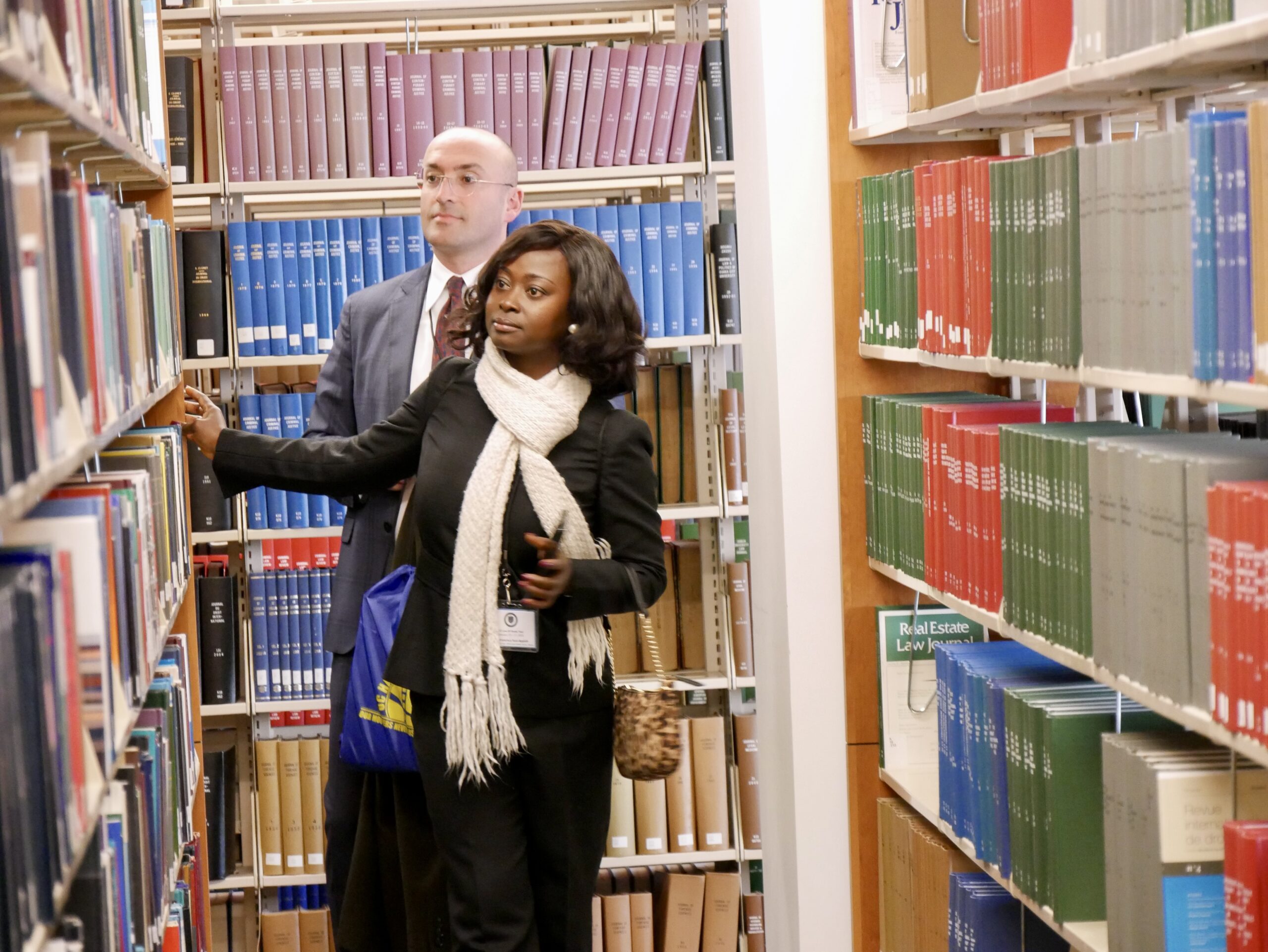
From 2021 to 2023, under two subcontracts from the United States Agency for International Development (USAID) and US small business Millennium Partners, UC Law SF carried out quality control and backstopping of a local Ethiopian evaluation team from the University of Bahir Dar Law Faculty which assessed all 33 LLM programs throughout Ethiopia. The assessment, overseen by Professors Jessica Vapnek and Lois Schwartz, covered curriculum, teaching, placement, and staffing, among other topics. Then UC Law SF MSL student Meron Agonafer provided research support. Additionally, UC Law SF and affiliated faculty have reviewed textbooks on tax law (Professor Leo Martinez), labor law (Professor Miriam Cherry), and business law (Professor Abe Cable) prepared by the Ethiopian law faculties.
From 2022 to 2024, the International Development Law Center implemented a $200,000 grant from the U.S. Embassy in Ghana under the University Partnership Initiative. Under this grant, the young and dynamic law school at the University of Professional Studies, Accra (UPSA) partnered with UC Law SF. Among the achievements of the grant were that UPSA Law established a legal clinic to provide advice and counsel to low income clients in and around Accra. In addition, throughout the life of the grant, UC Law SF faculty and affiliates (Victor Ayeni, Claudia Cantarella, Demarris Evans, Heather Field, Dyann Heward-Mills, Alice Kaswan, Stefano Moscato, Gail Silverstein, Mai Linh Spencer, Linda Tam, Jessica Vapnek) visited UPSA Law and reviewed curriculum, gave public lectures; and guest lectured to students and faculty. Throughout 2023 until the project closed in 2024, a variety of faculty and administrators from UPSA Law travelled to San Francisco to observe courses and clinics and visit judicial institutions. UPSA Law faculty also participated in an international symposium at UC Law SF.
The International Development Law Center is particularly proud to work closely with the Indigenous Law Center. Our team worked with Professor Jo Carrillo, Faculty Director of the Indigenous Law Center, on two video documentaries now playing on a permanent loop in the Commemorative Space on the ground floor of the 200 McAllister building.
The videos can also be viewed on the webpage of the Indigenous Law Center.
The International Development Law Center looks forward to continuing its partnership with the Indigenous Law Center on other initiatives in the coming years.
From 2022 to 2024, UC Law SF implemented a project funded by a $352,000 grant from the US State Department Bureau of International Narcotics and Law Enforcement Affairs (INL) entitled, “Expanding and Improving Practical Legal Education in Kosovo.” The project has three overall objectives: improving critical thinking skills among Kosovar law students and recent graduates; exposing Kosovar law faculty to the active learning techniques characteristic of U.S. legal education; and producing a transformed curriculum that prioritizes clinical education and skills training for Kosovar law students.
Throughout the grant period, a variety of law faculty from Kosovo visited San Francisco to observe classes and clinics and discuss curricular reform. Equally, various UC Law SF faculty and affiliated experts (Prithika Balakrishnan, Alina Ball, Binyamin Blum, Betsy Candler, Bob Dean, Keith Hand, Andrea Lollini, Gail Silverstein, Linda Tam, Jessica Vapnek, and Manoj Viswanathan) travelled to Kosovo to give guest lectures, to meet with civil society groups, and to discuss clinical legal education.
Kosovar faculty also participated in an international training-of-trainers symposium hosted at UC Law SF. Two faculty members from the University of Prishtina spent a week in San Francisco participating in the symposium, along with representatives of Ghana and Haiti. A third Kosovar faculty member presented live on Zoom.
UC Law SF implemented a grant from the U.S. Embassy in Nigeria Public Diplomacy Section. Under the auspices of this grant, UC Law SF partnered with two law schools in Nigeria: the University of Abuja, in Abuja, and Nasarawa State University, in Keffi. Clinical legal education was one of the areas of collaboration, as it is a priority of all three law schools.
In July 2024, Professor Jessica Vapnek of UC Law SF and Senior District Attorney Demarris Evans of Alameda County, California, travelled to Nigeria to visit both partner law schools. District Attorney Evans gave public lectures, which were attended by a variety of high-level justice sector officials and dignitaries, including representatives of the U.S. Embassy. Later in 2024, the Deans, Vice Deans, and Clinic Directors of both Nigerian law schools travelled to San Francisco to meet with UC Law SF administrators and faculty, observe classes and clinics, and visit judicial institutions including the California Supreme Court for oral argument. The delegation also met with Chesa Boudin, Professor of Practice at Berkeley Law School, and District Attorney Pamela Price of Alameda County.
The Pacific Community (SPC) is an intergovernmental organization of Pacific nations. UC Law SF has implemented three generous grants from SPC under the umbrella of a memorandum of understanding signed between our two institutions. Faculty Director of the International Development Law Center Jessica Vapnek, with support from several UC Law SF students and two UC Law SF graduates, worked closely with the SPC developing and implementing an online asynchronous legislative drafting course and reviewing assignments submitted by fisheries and legal officers from the Pacific Region. Subsequently, with support from the grant, Professor Vapnek and Professor Claudia Cantarella were able to travel to New Caledonia for international workshops, which brought together the cohorts of government officials from across the Pacific Region who had taken the online legislative drafting course. The workshops cemented learning and allowed sharing of best practices from around the region.
In 2024, UC Law SF implemented a grant from the U.S. Embassy in Samoa to support legislative drafting training. Professor Jessica Vapnek of UC Law SF and legal colleagues at the Pacific Community (an intergovernmental organization based in Noumea, New Caledonia) prepared and delivered a training course to train fisheries and legal officers from the Ministry of Agriculture and Fisheries and the Attorney General’s Department in Apia, Samoa.
Evaluation of the Development Law Service
In 2022, UC Law SF conducted an external evaluation of FAO’s Development Law Service (LEGN). Professor Jessica Vapnek and her team administered surveys, carried out a desk review of documents and databases, led focus groups, and conducted individual interviews of international and national legal consultants, FAO legal and non-legal staff, FAO headquarters and non-headquarters staff, national government counterparts, and institutional partners. The objective of the evaluation was to assess LEGN’s achievements from 2018-21 in relation to achieving the goals of FAO’s Strategic Framework. Arturo Reyes JD ’19 supported this effort, as did then UC Law SF JD students Jillian Guernsey and Jacklin Lee.
UN Decade on Family Farming
In 2020 and 2021, UC Law SF developed a methodology and prepared a publication examining legislative and regulatory frameworks for family farming, and then presented the results to parliamentarians convening in Rome. The resulting publication examines how legislation can best support policy processes aimed at advancing family farming and supporting the Sustainable Development Goals. Peter Boaz JD ’15 worked on this activity and co-authored the publication, while UC Law SF JD students Sarah Casey, Jasmin Cohen, Carlisle Engelhardt, Chris Michail, Cameron Sousa, and MSL student Mikhail Yakovlev provided research support.
Legislation Guidelines
From 2019 to 2021, UC Law SF supported the UN Food and Agriculture Organization (FAO) by revising four publications on legislative drafting. First, we updated a pesticide legislation publication, which provides guidance to national policy and lawmakers seeking to update their national legal frameworks for pesticides. Second, we prepared draft guidelines on pesticide licensing legislation. The draft guidelines, prepared by Professor Jessica Vapnek and Alexandro Sauerwein JD ’20, became official guidelines adopted by FAO and the World Health Organization (WHO) under the International Code of Conduct for the Management of Pesticides. Third, we updated a practitioner’s guide on how to prepare legislation under the auspices of technical assistance projects. The update included adding a new chapter on gender-sensitive legislative drafting. Finally, we provided inputs to draft regional guidelines on food safety legislation.
From 2018 to 2020, UC Law SF administered a subcontract from the United States Agency for International Development (USAID). We advised on the pros and cons of establishing an LLM program at one Uzbek law school, conducted a legal clinic assessment of two law school legal clinics, prepared curricula and conducted training of trainers (TOT) on clinical education, and delivered remote TOT courses on the common law legal system and on legislative drafting. Professors Linh Spencer and Yvonne Troya carried out the curricular and assessment work in Uzbekistan, while Professor Jessica Vapnek and Helga Turku JD ’12 delivered TOT courses to law professors and prosecutors by Zoom during the pandemic.
UC Law SF was awarded a grant from the U.S. Embassy in Vietnam Public Diplomacy Section. This small grant is partnering UC Law SF with Ho Chi Minh City University School of Law, particularly for purposes of sharing best practices in clinical legal education.
From 2021 to 2023, UC Law SF supporting the World Organization for Animal Health (formerly known as OIE), by preparing a methodology and the veterinary chapter of a study on how countries can evaluate their national legislative frameworks on antimicrobial resistance. Professor Jessica Vapnek spearheaded this effort, which was conducted under the auspices of the tripartite (three UN specialized agencies – the World Organization for Animal Health, World Health Organization, and UN Food and Agriculture Organization). In addition, UC Law SF JD student Kelsey Galantich completed an international externship at WOAH headquarters in Paris and then worked both in Paris and Botswana for WOAH.
Faculty Director – Jessica Vapnek
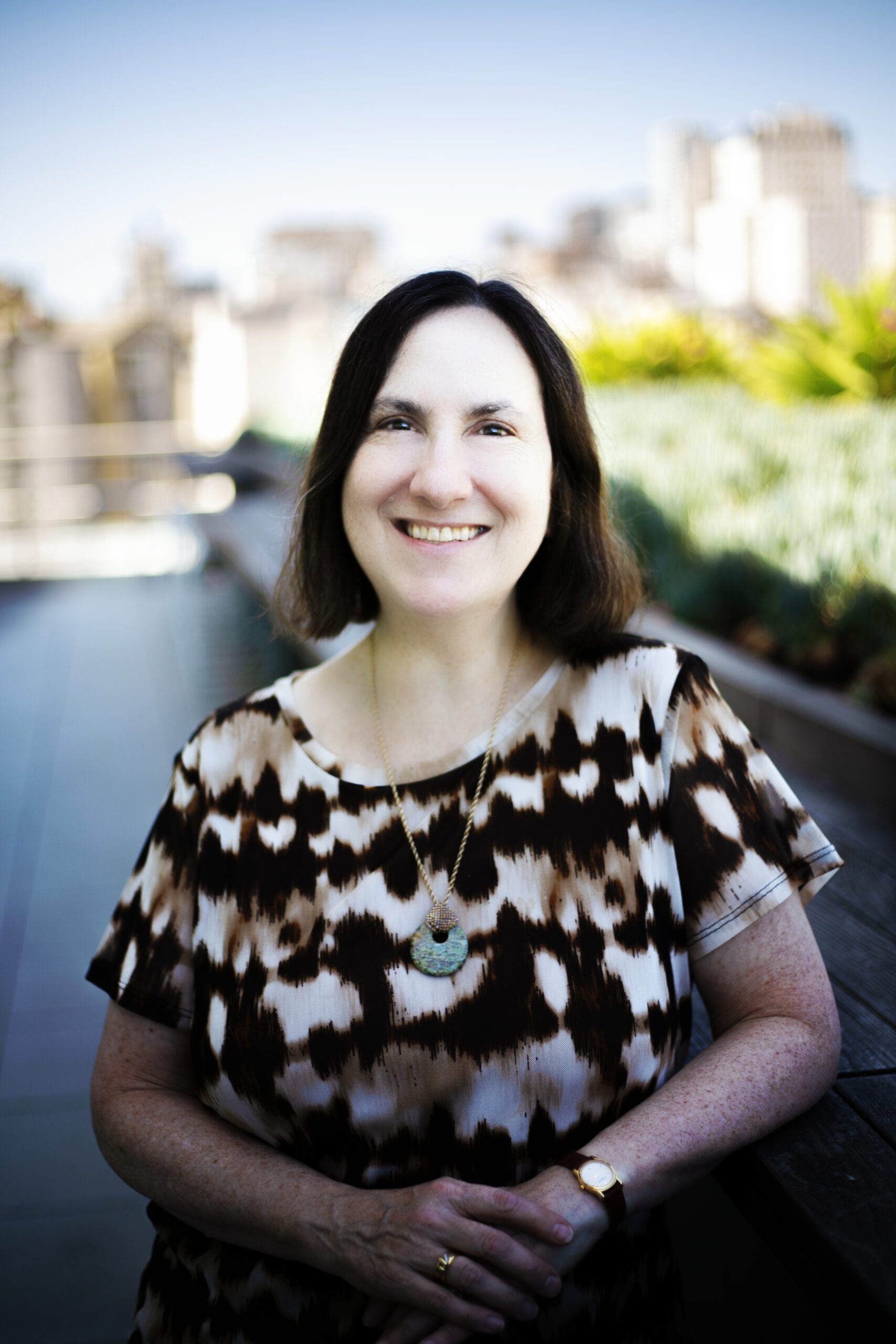
Jessica Vapnek joined the UC Law SF faculty in 2017 after a long international career. Most recently, she was a Regional Technical Director for a consulting firm in San Francisco implementing rule-of-law projects around the world. In that role she managed complex international projects, helped write winning proposals, and published articles on access to justice and dispute resolution. For almost 15 years, Professor Vapnek served as a Legal Officer with the United Nations Food and Agriculture Organization (FAO) in Rome, providing policy advice to member countries, drafting legislation on agriculture and natural resources, and writing and editing a number of articles and books. She has lived in Africa (she was a Peace Corps Volunteer in the former Zaire and a Fulbright Scholar in Ghana) and has worked in or traveled to almost 100 countries during her career. She continues to do occasional work for the UN as an expert, for example travelling to Bhutan and Malawi to review their veterinary legislative frameworks and to Nepal to evaluate a proposed draft food safety law. She speaks French, Spanish, and Italian. Professor Vapnek is excited to continue sharing her passion for international development work with UC Law SF. She hopes to involve more UC Law SF students, faculty, and alumni in international projects, exposing law students to the world of international grants, and, most importantly, inspiring students and alumni to pursue careers in international development.

